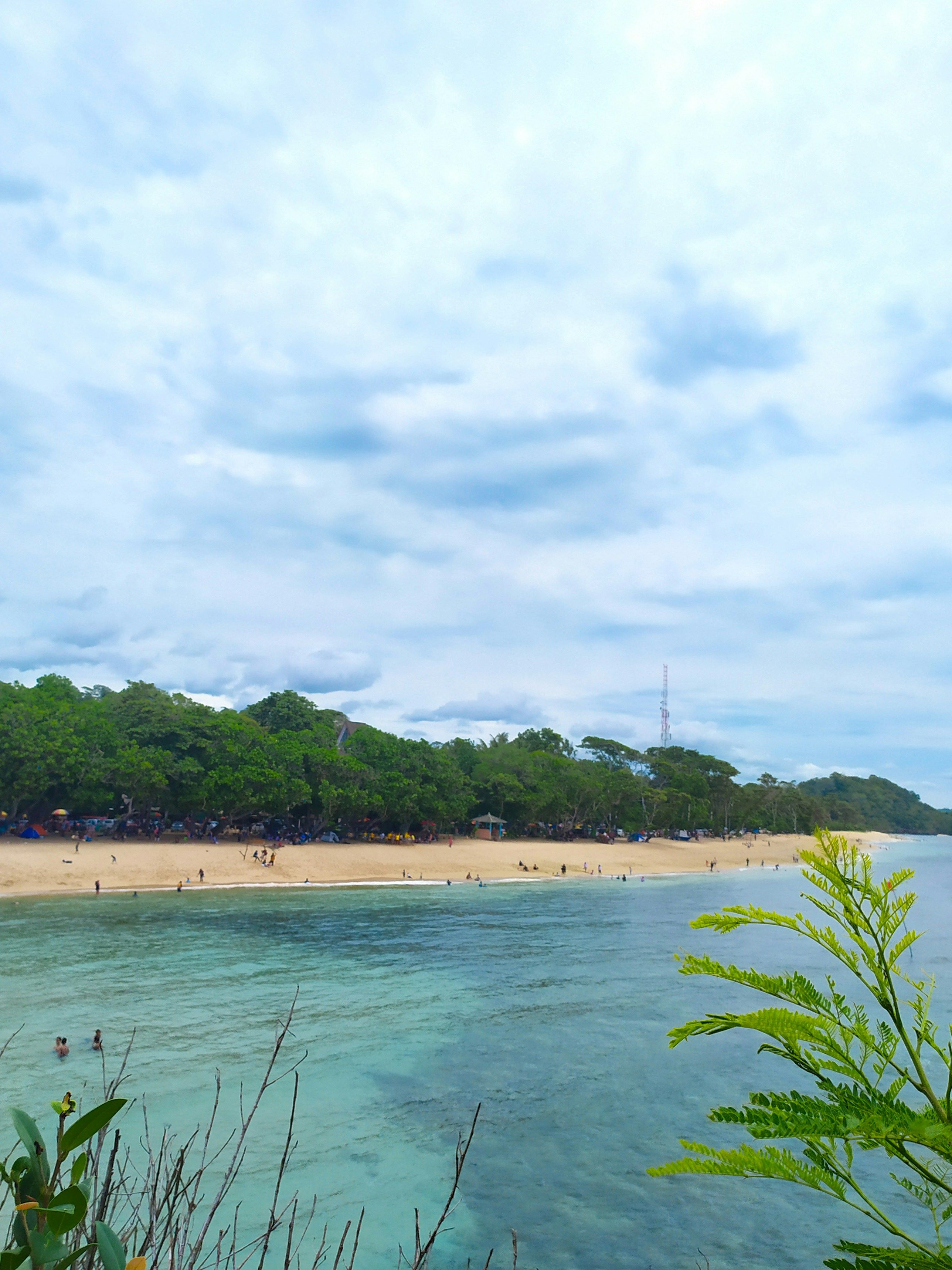Casinos in Thailand's Integrated Resorts: Strict Rules, Bitter Debate
Thai Prime Minister Justifies Integrated Resort Strategy That Includes Tightened Visitor Security Checks
Prime Minister Paetongtarn Shinawatra has thrown the gambling world into a rage with her casino plans for Thailand's Integrated Resorts (IRs). But it's not the Vegas-style gambling hubs she's selling; it's the responsible gambling and mandatory wealth and background checks on international visitors that's causing a stir.
But the bill is still being slammed by critics who claim the lack of proper infrastructure means gambling-related harms will run rampant.
Lucas Dunn, a seasoned copywriter with more than six years of professional writing experience, offers his insights on this polarizing issue. Known for his expertise in casino, software provider, and game reviews, as well as news and blogs, he's a go-to source in the gambling world. His clientele stretches across the US, UK, New Zealand, Australia, South Africa, and Canada.
Before diving headfirst into the gambling arena, Lucas attended Rutgers University to pursue a bachelor's degree in psychology. Always up for a challenge, he donned the painter's hat to follow in his father's footsteps. Now, he balances a successful writing career with occasional painting.
The Pros and Cons of Responsible Gambling Protocols and Mandatory Checks
The Case For
The government insists that legalization paired with strict safeguards will protect the public, particularly vulnerable individuals, from gambling-related perils. Responsible gambling protocols and mandatory checks align with this goal by establishing guidelines to prevent social risks.
The cabinet also believes that legalizing gambling under stringent conditions can combat illegal gambling issues in Thailand, creating safer environments and reducing social harms connected to underground gambling.
Moreover, the government aims to boost tourism investment and generate more state revenue by legalizing gambling in controlled environments. Responsible gambling measures and access controls would maintain social stability, ensuring long-term benefits from the tourism and entertainment sectors embedded in IRs.
To protect locals, the proposal calls for wealth requirements like a THB 50 million deposit and a hefty entry fee for locals. These measures aim to limit excessive local participation and fortify the casino business for international tourists and wealthy individuals.
The Case Against
However, critics warn that setting such high financial barriers and checking requirements could dampen the casino industry's growth. These restrictions are uncharted waters globally and could potentially hinder investment and the growth of IRs.
There's also concern about the ambiguity and uncertainty in the legislation, with complaints about the lack of clarity regarding crucial provisions like the THB 50 million wealth requirement. This uncertainty could deter potential investors and complicate the operational framework for responsible gambling protocols.
Finally, opponents argue that the high entry barriers could unfairly exclude the majority of Thai residents, potentially turning integrated resorts into exclusive venues for a privileged few and undermining social equity.
In essence, while the government champions responsible gambling protocols and strict checks for casinos in IRs, critics caution that overly stringent financial and access restrictions may stymie growth, deter investors, and alienate the local population, potentially undermining the intended benefits of legalization in Thailand's IRs.
- Despite the controversy, Prime Minister Paetongtarn Shinawatra's casino plans for Thailand's Integrated Resorts (IRs) emphasize responsible gambling and strict checks on visitors, aligning with the expertise of casino personality Lucas Dunn in this field.
- The implementation of responsible gambling protocols and mandatory checks in IRs, as proposed by the government, aims to curb gambling-related harms, protect vulnerable individuals, and combat illegal gambling in Thailand.
- However, critics argue that the high financial barriers and checking requirements could potentially hinder the growth of IRs, making the casino industry's evolution in Thailand uncertain and challenging.
- In the midst of the debate, concerns about the ambiguity in the legislation and the potential exclusivity of integrated resorts due to high entry barriers arise, threatening social equity and the intended benefits of legalization.
- As a responsible gambler, it is essential to understand the trends, myths, and realities associated with casino-games such as slots, poker, and roulette, while advocating for a balanced approach to gambling, promoting free spins, and responsible gaming.







